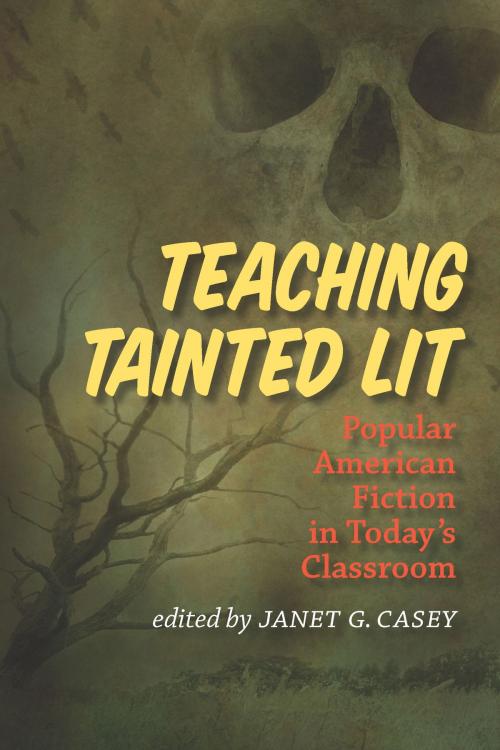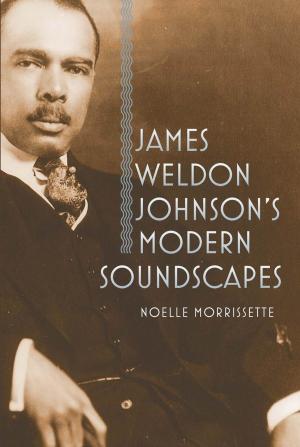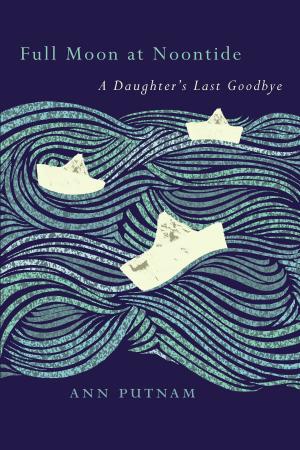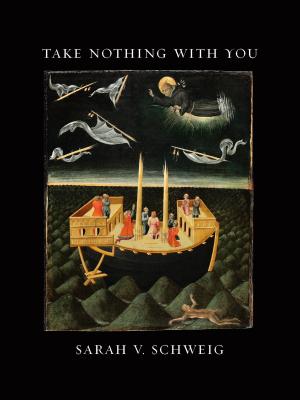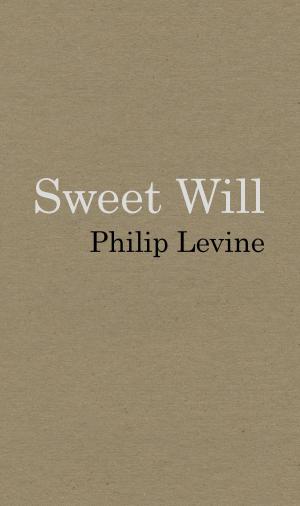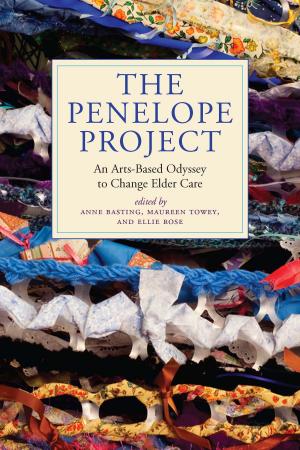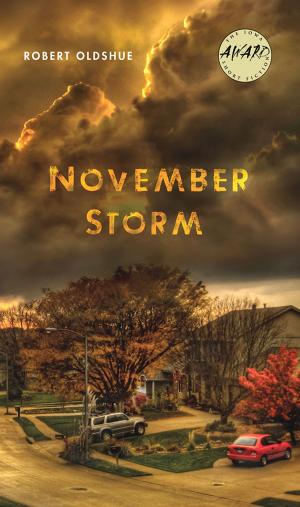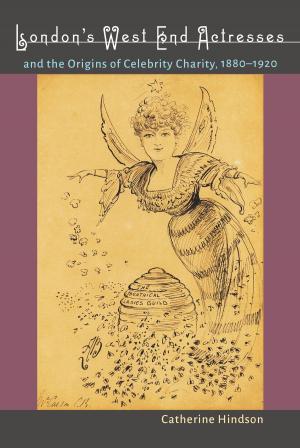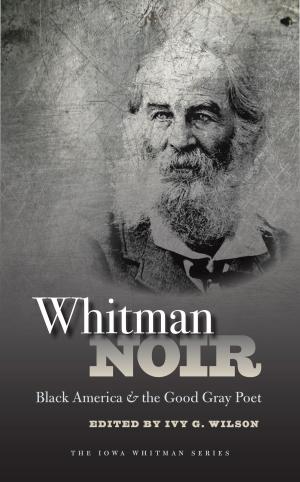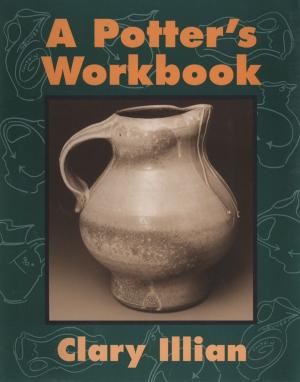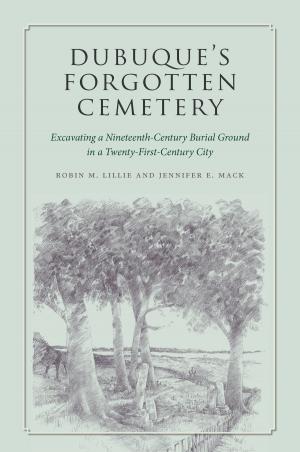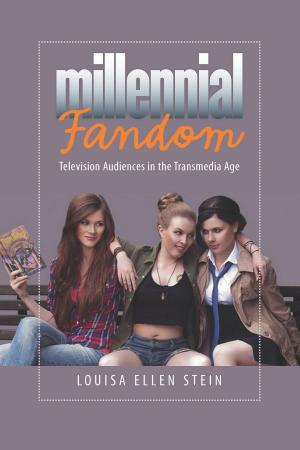Teaching Tainted Lit
Popular American Fiction in Today's Classroom
Fiction & Literature, Literary Theory & Criticism, American, Nonfiction, Reference & Language, Education & Teaching| Author: | ISBN: | 9781609383749 | |
| Publisher: | University of Iowa Press | Publication: | November 15, 2015 |
| Imprint: | University Of Iowa Press | Language: | English |
| Author: | |
| ISBN: | 9781609383749 |
| Publisher: | University of Iowa Press |
| Publication: | November 15, 2015 |
| Imprint: | University Of Iowa Press |
| Language: | English |
Popular American fiction has now secured a routine position in the higher education classroom despite its historic status as culturally suspect. This newfound respect and inclusion have almost certainly changed the pedagogical landscape, and Teaching Tainted Lit explores that altered terrain. If the academy has historically ignored, or even sneered at, the popular, then its new accommodation within the framework of college English is noteworthy: surely the popular introduces both pleasures and problems that did not exist when faculty exclusively taught literature from an established “high” canon. How, then, does the assumption that the popular matters affect teaching strategies, classroom climates, and both personal and institutional notions about what it means to study literature?
The essays in this collection presume that the popular is here to stay and that its instructive implications are not merely noteworthy, but richly nuanced and deeply compelling. They address a broad variety of issues concerning canonicity, literature, genre, and the classroom, as its contributors teach everything from Stephen King and Lady Gaga to nineteenth-century dime novels and the 1852 best-seller Uncle Tom’s Cabin.
It is no secret that teaching popular texts fuels controversies about the value of cultural studies, the alleged relaxation of aesthetic standards, and the possible “dumbing down” of Americans. By implicitly and explicitly addressing such contentious issues, these essays invite a broader conversation about the place of the popular not only in higher education but in the reading lives of all Americans.
Popular American fiction has now secured a routine position in the higher education classroom despite its historic status as culturally suspect. This newfound respect and inclusion have almost certainly changed the pedagogical landscape, and Teaching Tainted Lit explores that altered terrain. If the academy has historically ignored, or even sneered at, the popular, then its new accommodation within the framework of college English is noteworthy: surely the popular introduces both pleasures and problems that did not exist when faculty exclusively taught literature from an established “high” canon. How, then, does the assumption that the popular matters affect teaching strategies, classroom climates, and both personal and institutional notions about what it means to study literature?
The essays in this collection presume that the popular is here to stay and that its instructive implications are not merely noteworthy, but richly nuanced and deeply compelling. They address a broad variety of issues concerning canonicity, literature, genre, and the classroom, as its contributors teach everything from Stephen King and Lady Gaga to nineteenth-century dime novels and the 1852 best-seller Uncle Tom’s Cabin.
It is no secret that teaching popular texts fuels controversies about the value of cultural studies, the alleged relaxation of aesthetic standards, and the possible “dumbing down” of Americans. By implicitly and explicitly addressing such contentious issues, these essays invite a broader conversation about the place of the popular not only in higher education but in the reading lives of all Americans.
